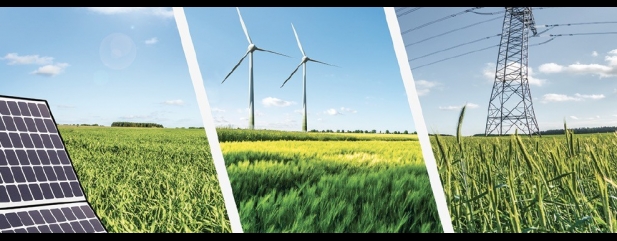Carmakers switching to electric vehicles and utilities moving to renewable energy could see their market values double in the next five years. That’s according to a study by Vivid Economics, commissioned by the United Nations-backed Principles for Responsible Investment (PRI).
The research looked at how climate change could affect stock markets and in particular the average weighted change in the value of companies.
For example, the report states that sales of new internal combustion engine vehicles are expected to ‘decline rapidly’, eventually hitting zero in 2050 with all new car sales by then being of ultra-low emission vehicles.
It forecasts carmakers who quickly make the move into electric vehicles could see their market values increase by 108% on average, while those that are slowest or don’t go into electric vehicles at all could see their values fall by a third.
While for utilities, by 2050 around 93% of total energy generation will be from low carbon sources and so those with the lowest emissions intensity stand to see their values increase by 104% on average, with those exhibiting the highest emissions intensity set to lose two thirds of their market value.
Other sectors examined by the study include fossil fuel producers and miners. Unsurprisingly for the fossil fuel companies – mostly coal producers and oil and gas firms – there’s no likelihood their market values will rise, according to the study.
Companies which have coal as the highest source of revenue are forecast to be hit the most, with a 64% decline in market value, while those in the oil and gas sectors could drop in value by 29%. Miners of so-called ‘green minerals’, i.e. metals crucial for the low carbon transition, could benefit the most.
The reports forecasts they will see a 54% uplift in their values on average, while those still digging out things like coal could halve in value.
New sustainable water and waste fund

Fidelity has launched an open-ended UK-domiciled Sustainable Water & Waste Fund after the Luxembourg-domiciled equivalent fund reached $1bn of assets in just a year.
As manager Bertrand Lecourt explains: ‘companies in the sector remain relatively unexplored by investors and there are very few funds dedicated to this unique theme.’
The fund has a ongoing charge figure of 0.9% and is benchmarked against the MSCI All-Countries World Index in pounds.
‹ Previous2019-12-12Next ›

 magazine
magazine









